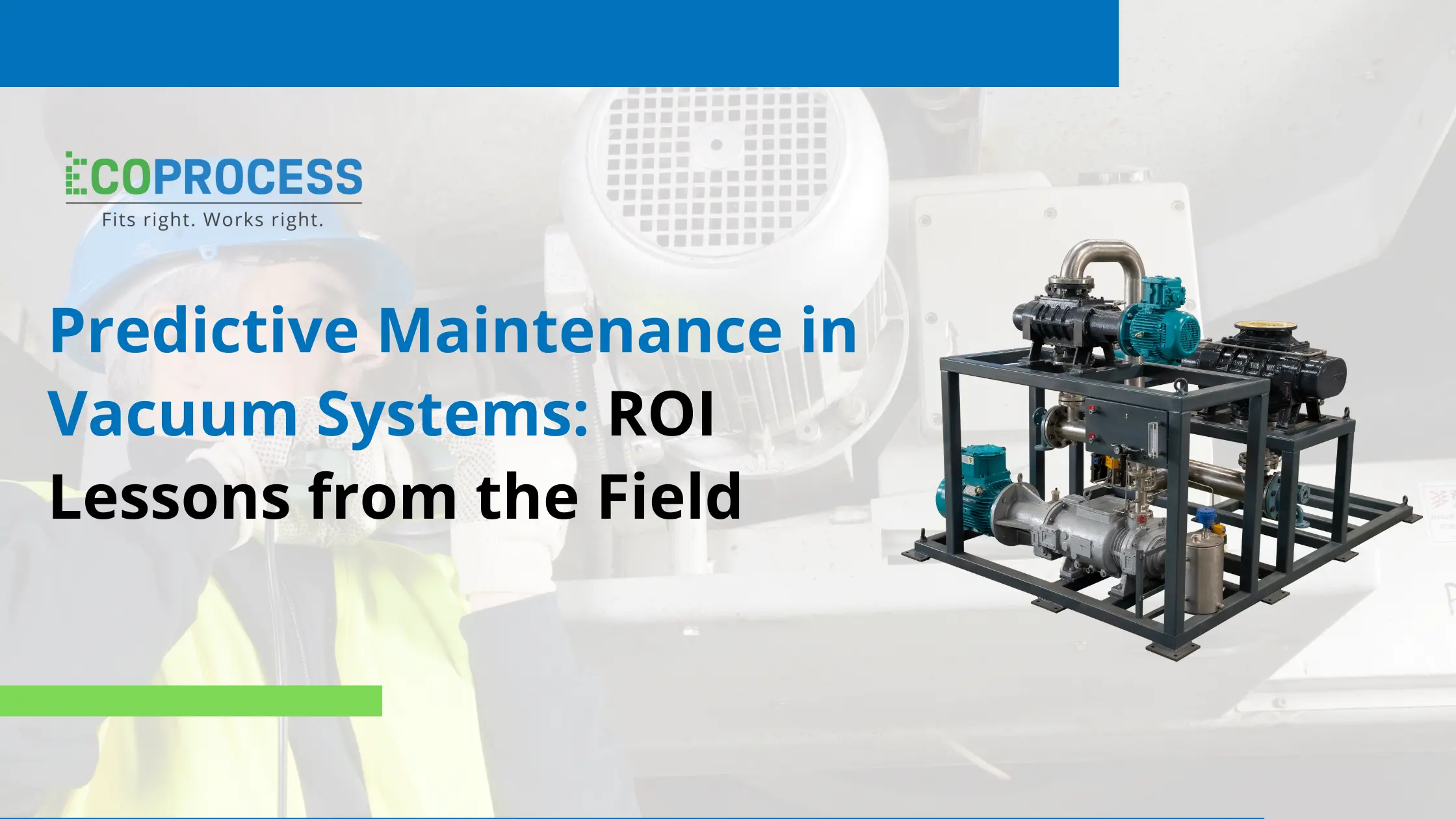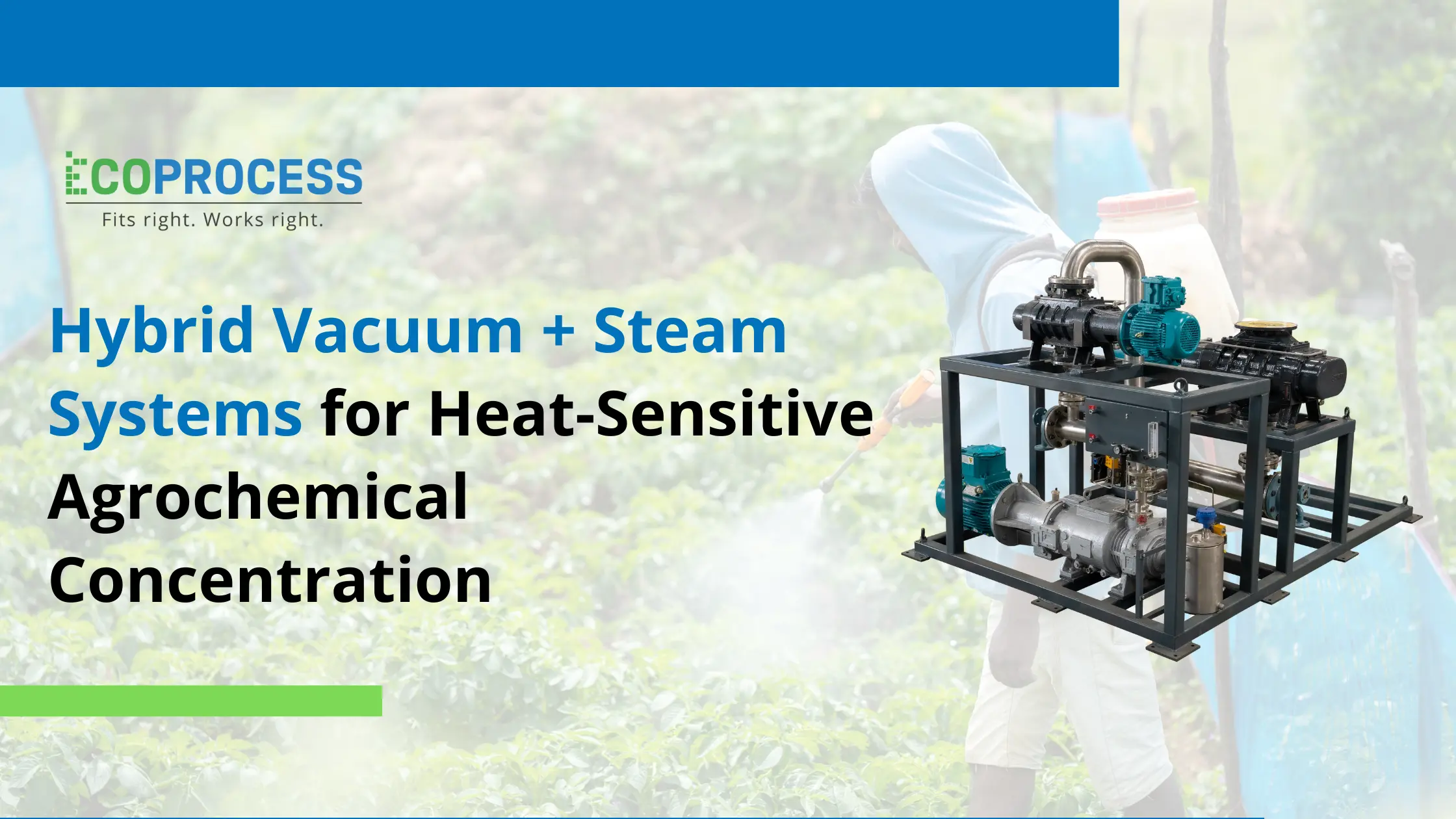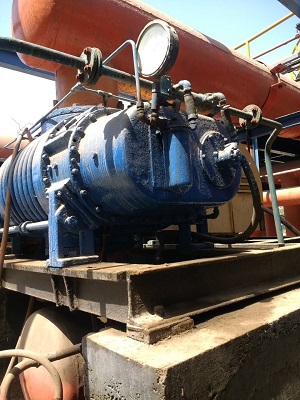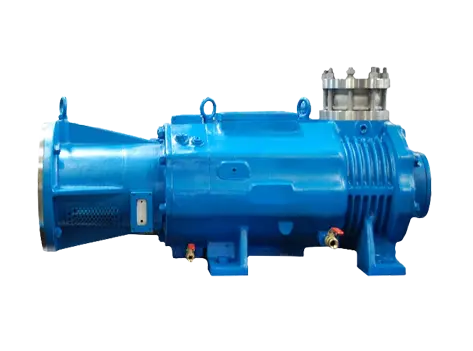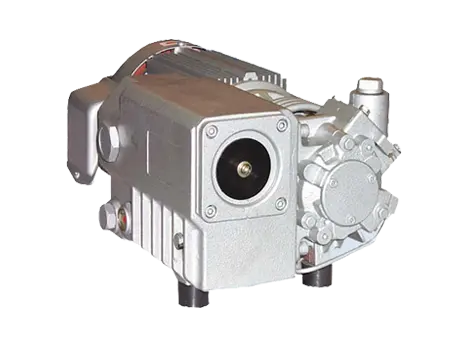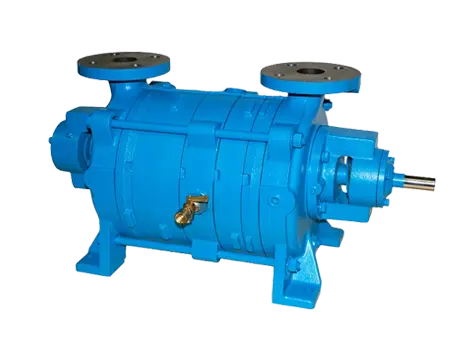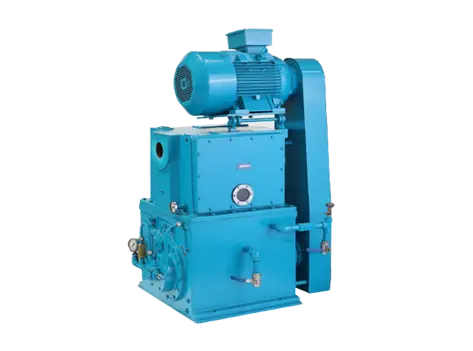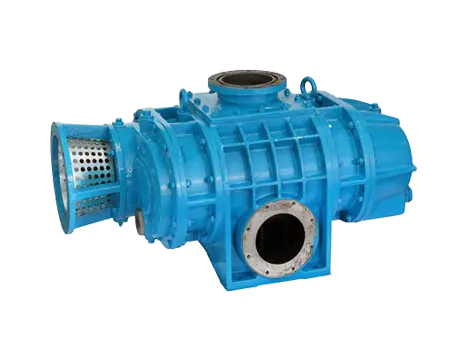
What you should know about the oil properties of Vacuum Pumps
There are multiple vacuum pump oil manufacturers in the market, offering multiple variants. Figuring out which oil variant is perfect for your vacuum pumps is vital. Choosing the wrong vacuum pump oil can prove to be detrimental for the operation of your pump. The best way to choose the right oil (also known as a lubricant) is to know the essential properties of the same. When you know which oil properties you have to keep in mind and compare, choosing the right option will become a breeze.
Oil Properties You must know
Following are the primary vacuum oil properties you should know:
The Viscosity of the Oil:
Viscosity is a measure of a liquid’s resistance to flow. In this case, the liquid is oil, so its viscosity refers to its resistance to flow. If the viscosity of the oil is too low, which means the liquid is thin, then it will not be able to seal properly. On the other hand, if its viscosity of the oil is too high, or the liquid is too thick, then it wouldn’t lubricate the components of the pump. It’s the most important factor to consider when you’re looking for vacuum pump oil. The normally accepted viscosity of vacuum pump oil is 68 to 77 CST at 40 degree Celsius. Also, remember that vacuum pumps which have a gearbox require oil with higher viscosity.
Pour Point:
The pour point of a liquid refers to the temperatures below which it loses its property of flowing. Below that temperature, the liquid wouldn’t flow. You must consider the pour point of the oil because if the minimum temperature of the pump’s surroundings would be lower than that, the oil wouldn’t lubricate properly. It would stop flowing, leading to several other issues.
Gas Solubility:
Vacuum pump oil absorbs a certain amount of process gases during operation. It’s one of the duties of the vacuum pump oil to prevent process gases from entering certain areas of the machinery. If the gas solubility of the vacuum pump oil would be high, instead of merely preventing those gases, it will absorb some of them. And the dissolution of process gases can affect the viscosity of the oil. Therefore, you should consider a variant which has low gas solubility. A handy tip: Synthetic oils tend to have low gas solubility.
Vapor Pressure:
The vapor pressure is another vital factor you should consider when selecting the right vacuum pump lubricant. If its vapor pressure is too high, it will contaminate other areas of the machinery. Contamination can cause the development of several other issues. You should choose the lubricant with the lowest vapor pressure available.
Conclusion
We hope you found these points useful. Apart from these factors, the conditions in which the oil would be working are also a vital factor to keep in mind. Extreme temperatures and special applications can affect the working of the oil and harm its durability.
If you have any questions, feel free to contact us. We will be glad to help you out.
